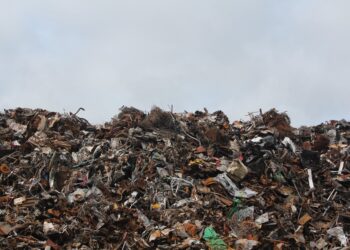Everyday, consumers all around the world are paying more attention to the labels on the products they buy. Is it organic? Does it contribute to a cause? Is it harmful? One of the many ways to capture these new consumers is by offering a certification, and when it comes to textiles, the GOTS is the best one out there.
GOTS stands for Global Organic Textile Standard, and it’s currently the leading certification standard in all things regarding the textile industry. Established in 2006 as the result of 4 years of workshops and negotiations led by four major organizations (International Association Natural Textile Industry, Japan Organic Cotton Association, Organic Trade Association and Soil Association), the GOTS has become the gold standard that represents sustainability and quality.
The GOTS replaced more than 11 previously existing standards and has centralized the certification and labelling of products, making it easier for businesses and consumers alike. It has standards for: organic fibers, ecological and social criteria, and all processing stages. It also offers third-party certifications through on-site inspections and compliance from processors, manufacturers and traders.
In order to be GOTS certified, at least 70% of fibers must be organic, and to be certified organic, that number increases to 95%. In this case “organic” refers to complying with organic agriculture practices, which prioritize health of ecosystems, soils and people.
Besides the organic fiber count, a company must meet certain other criteria, such as demonstrating that processing units have correct environment management, including wastewater treatment, there must be remuneration and assessment of living wage gap, employment of migrant workers, freedom of association and collective bargaining, and prohibition of child labour.
Having a GOTS certification can benefit your business and supply chain, providing safety as well as environmental and social security for everyone involved. Learn more about how you can get certified here.












